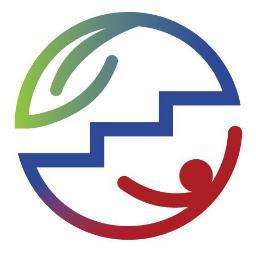This blog post was written by Stephanie Hanson, Director of Policy and Outreach, One Acre Fund
The process to develop Sustainable Development Goals for the UN’s post-2015 agenda is well under way. From May 22-24, the UN convened its Open Working Group on Sustainable Development Goals in a session to discuss food security, nutrition, and water. I attended this session on behalf of Farming First to offer our coalition’s perspective on the post-2015 agenda.
Farming First recommends two Sustainable Development Goals (SDGs):
- Eradicating hunger and malnutrition
This goal was widely supported by the member states at the session. States from Ghana to the Netherlands gave statements that expressed the importance of the Zero Hunger Challenge, and the need to integrate this existing commitment into the Sustainable Development Goals. Many states mentioned the importance of integrating nutrition for children under two into the targets for this SDG.
- Adoption of sustainable agriculture practices
This goal was also supported by many member states at the session, who cited the importance of considering climate change in agriculture development. “We’re using the same techniques from thousands of years ago,” said Nigeria. “We need to modernize our agriculture.”
There was also some effort made to emphasize the importance of food security SDGs in relation to the post-2015 agenda’s broad goal of poverty reduction. Ethiopia proposed that achieving food security and sustainable agriculture development is necessary to achieve any poverty reduction goals included in the SDGs.
This is a position that Farming First strongly supports, and one that my firsthand experience validates. I work for an agriculture organization called One Acre Fund, a nonprofit organization that serves over 130,000 smallholder farmers in East Africa. We provide farmers with seed, fertilizer, financing, training, and market facilitation. One Acre Fund farmers double their income per planted acre in one year, which allows them to move from food insecurity to food surplus. I know many farmers who are increasing their incomes through access to the tools they need to make their land more productive.
The majority of poor people are smallholder farmers, and sustainable agriculture development will help them grow their own way out of poverty. One Acre Fund’s clients are the poorest smallholder farmers in East Africa, yet they are willing and able to pay for all the products and services that they receive from One Acre Fund. As Carlos Seres from IFAD said at the session: “Smallholder farmers are truly the agents of transformation. They invest four times more than governments in agriculture.”
Beyond this IFAD statement, the session actually contained little discussion on how the private sector can help advance food security and agriculture SDGs. The Netherlands called for learning from the private sector on agriculture development, and said that SDGs can’t be formulated without them. They were, however, a lone voice expressing that position. As the process of developing SDGs continues, Farming First will advocate for the post-2015 development agenda to focus prominently on agriculture, food security and nutrition as one of the only truly cross-cutting sectors impacting all aspects of sustainable development and to develop policy recommendations that are farmer-centered.



